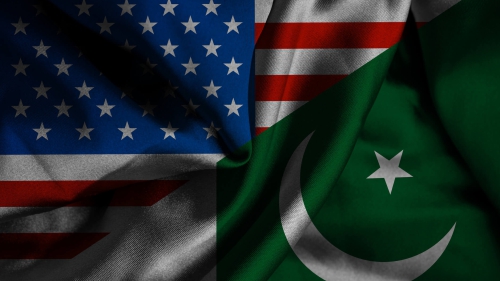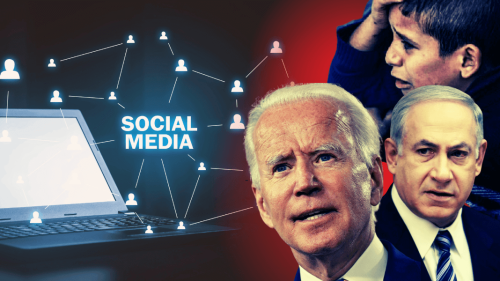Whither Indonesia With Democratic Elections
Indonesians will elect members to their People's Consultative Assembly on June 7, 1999. The new members of this Assembly will then convene on August 29 to select the next President of Indonesia.
With numerous political parties set to participate in the elections, is history going to repeat itself in Indonesia? Is Indonesia going from one mess (the dictatorship and corruption of Suharto) to another (the chaos of coalition politics and military interventions)? To what positive results can Indonesians look forward?
The upcoming polls are being dubbed as the second free elections since 1955. Since the reformasi (reforms) sparked by the popular anti-Suharto uprising of 1998, the government of B. J. Habibie has allowed Indonesians a level of freedom of speech suitable for successful multiparty elections. This newfound freedom has led to a mushroom growth of political parties.
At last official count, 48 political parties were primed to participate in the June 7 elections. But in December 1998, an Indonesian official noted in a letter to the Washington Post, that political parties numbered close to 100 at that time. These numbers are no surprise for nation that comprises some 265 ethnic groups spread of over 6000 inhabited islands.
Indonesia achieved Independence as a republic in 1950 after decades of struggle against Dutch colonizers. The Indonesians had their first "free elections" in September 1955. The government that emerged was split into tiny factions, none of which were satisfied with the government.
In 1956, following a coup attempt, then President Sukarno implemented what he called "guided democracy" in a bid unify the government. This policy called for inclusive participation of members of all political parties and the creation of a new National Council in order to end the chaos of party politics that characterized policy-making in Indonesia's Assembly. However guided democracy, in effect, concentrated power in Sukarno's hands.
Sukarno also established Pancasila as a national ideology with five principles (nationalism, humanism/internationalism, representative government, social justice, and monotheism) based on "community cooperation."
In June 1963, the Assembly declared Sukarno "President for Life." Yet Sukarno's guided democracy failed to perpetuate his stay in power and his rule ended in economic and political chaos in 1965.
Sukarno's Pancasila however, outlived its creator and remained Indonesia's guiding ideology throughout the presidency of Sukarno's successor, General Suharto. Suharto redefined Pancasila to consolidate his power, while providing three decades of political stability and economic growth.
Like Sukarno, Suharto showed a definite penchant for longevity of rule. And with that leaning, hopes for true Indonesian democracy foundered. But things eventually changed in 1998 when popular uprisings forced Suharto from office.
Since the toppling of Suharto, Indonesians have once again been crying for reformasi and they want a full investigation of Suharto's corruption.
Recent Indonesian opinion polls indicate that the ruling Golkar party of Habibie is likely to lose the elections. Yet no other single party should emerge with a majority that would allow it to form the next government. However, many Indonesians have hopes that a coalition of four major opposition parties, not associated with the business tycoons that Suharto favored during his rule, could prevail and take the country in a new direction.
As happened with newfound democracies in other Muslim countries like Bangladesh, free speech and free elections has sprouted numerous political factions and parties. But such a situation is not altogether undesirable. In the case of Bangladesh, most of the 128 political parties that emerged in the 1980s turned out to be one-man political entities that eventually lost influence due to political polarization. In Indonesia, that same process of polarization will most likely take on a different character due to the country's governmental structure and ethnic diversity. But polarization is bound to take place nonetheless.
At present, the proliferation of political parties is not necessarily a sign of impending chaos. More accurately, it is but a step in Indonesia's process of political maturation. Multiple political parties offer multiple options for the people.
The question then is whether Indonesia will develop politics of social justice and rule of law or plunge itself in a political tug of war similar to that of the 1950s. But regardless of what may happen, these free elections are a positive development, orders of magnitude better than the quagmire developed by the dictatorship of Suharto.
Mr. Auwal is an assistant professor in the Department Communication Studies, CSU, Los Angeles

















